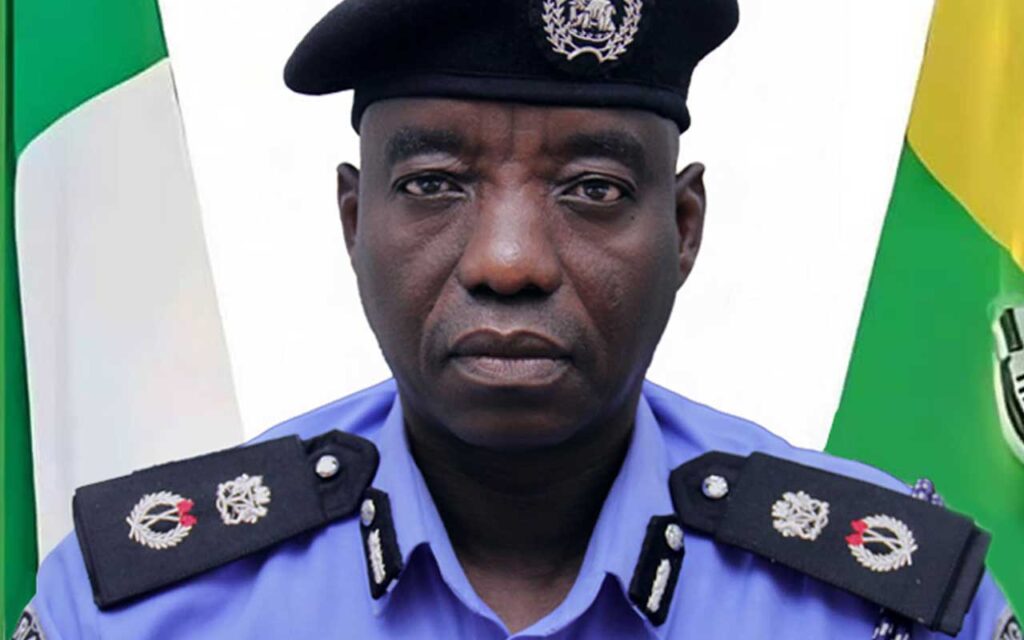
European Union (EU) Ambassador to Nigeria and ECOWAS, Samuela Isopi, has said despite the interventions by key stakeholders, women’s representation in Nigerian politics is on a steady decline.
She noted that the active participation of women in decision-making and politics remained important for Nigeria to achieve equality, sustainable development, peace, and democracy.
According to her, while women have the fundamental right to participate in political life, most of them still face social, cultural, and financial challenges.
Isopi, who was represented by the EU Deputy Head of Mission to Nigeria, Zissimos Vergos, made this known in Abuja, during a two-day roundtable on women inclusion in politics, in commemoration of the International Women’s Week, organised by the European Union Support to Democratic Governance in Nigeria (EU-SDGN), with the theme: “Women’s underrepresentation: Exploring the use of temporary special measures to elect women to parliaments.
She reminded stakeholders, especially the National Assembly, that the ongoing constitution reform process presented Nigeria with a unique opportunity to join the league of progressive nations in promoting gender parity through the adoption of a legal framework that discourages discrimination based on gender.
She said: “Over the years, strategies to increase women’s participation in politics have been advanced through conventions, protocols, and international agreements for gender mainstreaming. However, they are yet to prove effective in achieving gender parity in the highest government rankings.
“Thus, women continue to be underrepresented in government, and face barriers that often make it difficult for them to access, exercise political power, and assume leadership positions.
“In Nigeria, the advocacy for women’s political participation has been long drawn, and despite the very dynamic interventions by women groups and other key stakeholders, their representation remains in steady decline. For example, women’s representation in the 10th National Assembly is 7.4 per cent out of a total of 469 combined seats in the Senate and House of Representatives.”
In his remarks, Deputy Speaker, House of Representatives Benjamin Okezie Kalu, said: “Women bring immense value to nation-building, particularly as they are more thorough, unbiased, look beyond themselves, and are selfless.”
In her remarks, the Chair of the Senate Committee on Women Affairs, Ireti Kingibe, said: “As of the 9th Assembly, we ranked 182 out of 186 countries in the world in terms of women in governance and politics. Nigeria faces significant gaps in women participation across all arms and levels of governance, reflecting a pressing need for increased gender inclusivity.”
Chair of the House Committee on Women in Parliament, Fatima Talba, added: “There is an urgent need to address the imbalance that we are seeing today in governance. There is a need to address women’s inclusion in politics and build bridges to empower women in politics.”
Executive Director of Policy, and Legal Advocacy Centre (PLAC), Mr Clement Nwankwo, decried the unfair social, cultural, and political hurdles women have to scale to be able to hold political offices.













